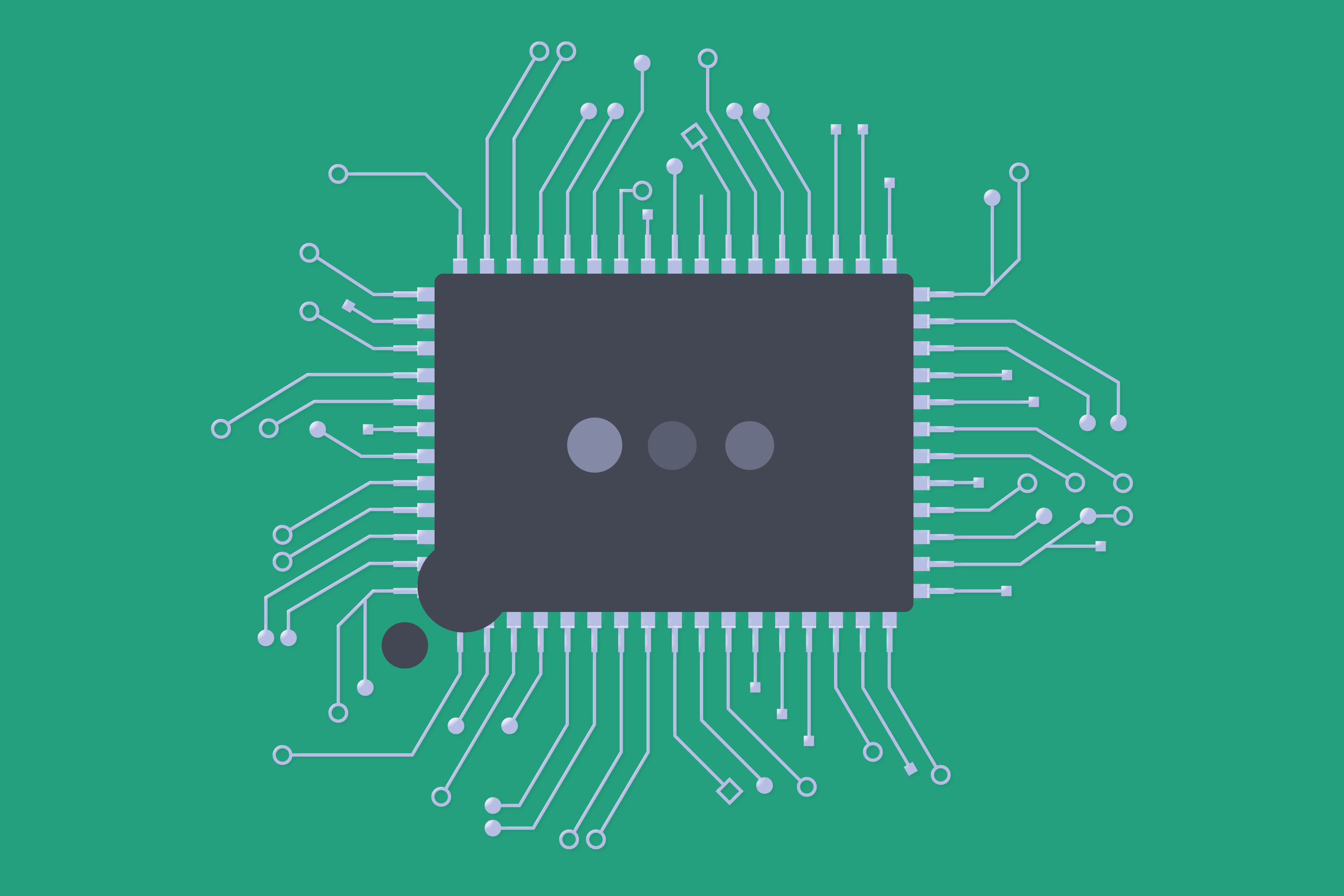Column: Banks’ greed on full display with check-cashing fee for non-customers
When it comes to corporate greed, there are some fees charged by big companies that are so indefensible, so blatantly money-grubbing, they almost have to be savored like a fine wine. Otherwise, it’s just too painful to think these guys are routinely taking us to the cleaners.
For instance, there’s the $1.75 that AT&T charges every month to not include your name and number in its automated phone directories. Frontier Communications, which purchased Verizon’s wirelines in California, charges a whopping $2.50 monthly for the same non-service.
Then there’s the $25 fee most major airlines charge just to check a bag. Or the fee of up to $3.50 many banks charge if customers have the nerve to use another bank’s ATM — on top of whatever fee that other bank imposes.
And so we come to the fee du jour: the squeeze that banks put on non-customers to cash a check drawn on one of the bank’s own accounts.
Bank of America is notifying its checking-account customers that, beginning Aug. 15, if non-customers try to cash a personal check at the bank written by a BofA account holder, the check casher will have to pay an $8 fee.
The fee applies to personal checks for $50 or more and matches an $8 fee that already applies to non-customers cashing BofA business checks.
Why, you might ask?
Betty Riess, a bank spokeswoman, explained to me that “our priority is to serve our customers with accounts, and this will reduce their wait time in the financial centers.”
What she’s saying is that there are so many darn non-customers cluttering up branches that Bank of America had no choice but to act in the interests of honest-to-goodness customers.
This, however, is completely untrue.
BofA and other major banks currently are trying to figure out what to do with increasingly empty branches as their customers switch in droves to ATMs and online transactions.
A senior BofA official was quoted in American Banker in March as saying that 65% of customer deposits were made at teller windows five years ago. But now, only 30% of deposits are made with tellers.
Linda Sherry, director of national priorities for the advocacy group Consumer Action, said BofA and other banks are simply gouging people who may not have their own bank account.
“Why should they prey on people who just want to cash a check drawn on a customer’s account?” she asked. “And how much can it actually cost to cash a check?”
OK, I know what you’re thinking: You’re wondering why people don’t just get their own bank accounts and cash checks at their own bank.
Maybe they live paycheck to paycheck and have no need of a bank account, especially if they face monthly fees for not maintaining a minimum balance. Maybe they’re undocumented immigrants.
The point is they’re being discriminated against for no other reason than because the bank knows it can get away with it. What’s the non-customer’s alternative, after all — a predatory check-cashing service that charges a percentage of the check’s total amount?
And let’s stress this point: It’s not as if banks have any reason to question if a check’s good. It’s the bank’s own account, written and signed by the bank’s own customer.
Bank of America is keeping pace with Chase, which bumped up its own check-cashing fee for non-customers to $8 a couple of years ago. Wells Fargo is close behind with a $7.50 fee, which a spokesman told me “is intended to cover the costs of offering our convenient network of branches and bankers to non-customers.”
When I first looked into these bogus fees about a dozen years ago, I noticed that in some cases they violated the California Labor Code, which requires that paychecks be “negotiable and payable in cash, on demand, without discount.”
If a non-customer has to pay a fee for cashing his or her paycheck at the bank where it was issued, that represents a “discount,” state officials acknowledged when I brought it to their attention.
Subsequent lawsuits against BofA and Wells Fargo were settled out of court, with the banks pledging to no longer charge fees for cashing paychecks or to make it easier for workers to open accounts.
Needless to say, the banks admitted no wrongdoing. And they still haven’t gotten rid of the fees for non-payroll checks.
The only big bank I was able to find that doesn’t nail people with the fee is Citi. “We don’t charge fees for non-customers to cash checks,” a spokesman said.
So does Citi know something about branch management that BofA, Chase and Wells do not?
No, of course not. Moreover, there’s no evidence that charging non-customers a check-cashing fee makes things demonstrably better for customers.
All banks are now seeing declines in customer foot traffic as their business increasingly moves online.
According to the Federal Deposit Insurance Corp., the number of bank branches nationwide peaked in 2009. The fewer-than 92,000 total branches open last year was the lowest number in over a decade — even as total deposits climbed nearly 6% to $11.2 trillion.
Bank of America has closed about 1,400 branches since 2010. Meanwhile, it added nearly 2 million digital accounts over the last three months to reach 34 million, mostly customers using mobile devices.
Wells Fargo, which operates the country’s largest branch network, closed 93 branches in the first half of this year and plans to shutter about 450 by the end of 2018. The bank now has more than 20 million mobile users. Chase has over 28 million.
And here we have BofA rolling out an $8 check-cashing fee for non-customers. To reduce wait times at branches.
Which is about as believable as the phone company saying it costs them roughly $2 a month to not list you in their directory database.
Just savor that bouquet.
David Lazarus’ column runs Tuesdays and Fridays. He also can be seen daily on KTLA-TV Channel 5 and followed on Twitter @Davidlaz. Send your tips or feedback to david.lazarus@latimes.com.
ALSO BY LAZARUS
Revised GOP healthcare bill succeeds at making things even worse
As its losses and debt grow, can Frontier remain a player in the phone business?
Banks and credit card companies can’t try to stop you from joining a class action lawsuit — for now







